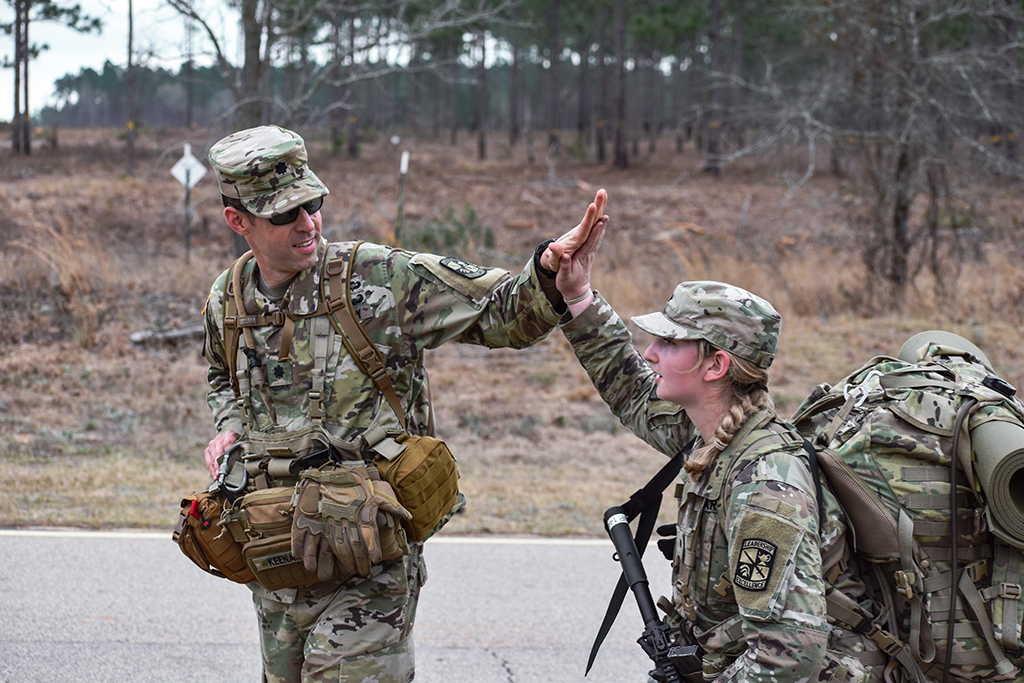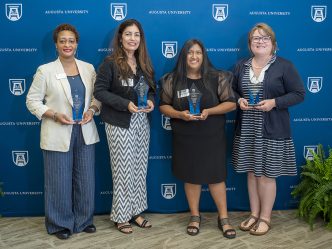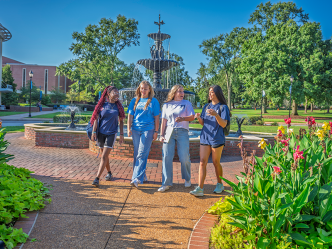One of the first encounters Lt. Col. Jeffrey Keenan had when he moved back to Augusta was with a neighbor.
When the person asked where he worked, Keenan told him he was coming to Augusta University to work with the ROTC program. The person told him, “Oh really? I didn’t realize AU still had an ROTC program.”
“This is a person who lived in the community for a while and that was kind of an eye-opening moment, especially in such a military-friendly town, that there was not an awareness of an Army program here at this great school,” said Keenan, who will be leaving at the end of the semester to take command of the 44th Expeditionary Signal Battalion in Baumholder, Germany.
“I won’t say it was so much daunting, but I think it really kind of galvanized my drive to really want to do something here. That really gave me really a sense of purpose that I needed to approach this job a little bit different versus just focusing on producing officers. I think you need to worry about the overall brand of the program, its place at the university and in the community.”
Keenan came to Augusta University after a two-year assignment with the Joint Staff in the Pentagon, where he served as a J6 Cyber Division action officer and executive assistant to the deputy director for information warfare. He knew he was comfortable training the cadets, but he felt his previous position also prepared him for building relationships within the university community.
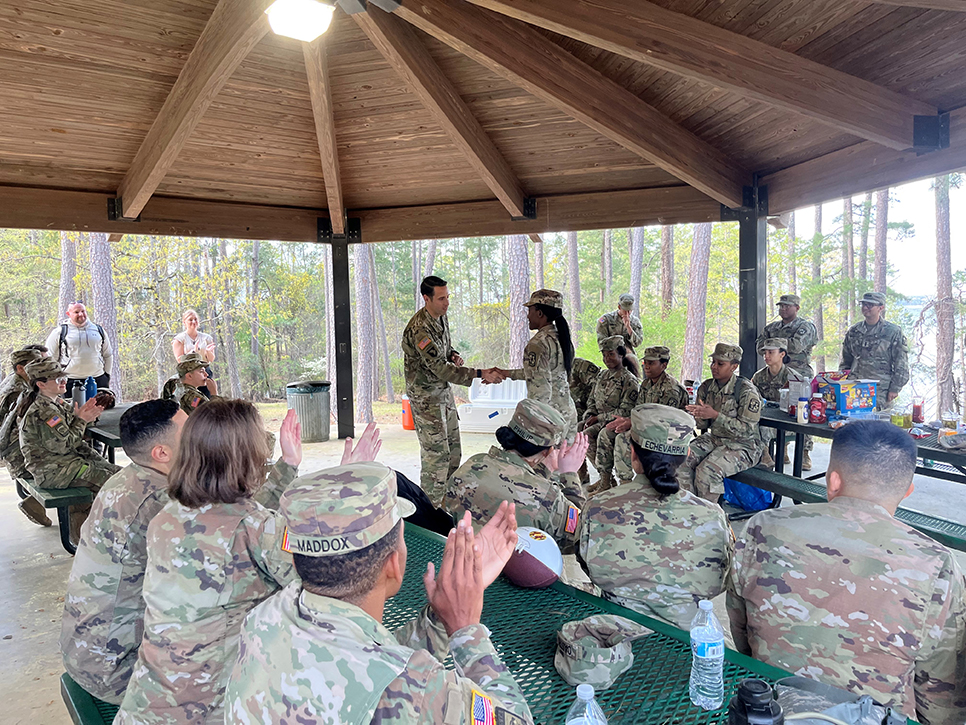 “I think I was very well prepared to work within the apparatus of the university, having to work laterally, building relationships and work around the different challenges,” he said. “I felt very comfortable in my skin in this job probably for the first time in my career. I knew it would be challenging, but I felt prepared.”
“I think I was very well prepared to work within the apparatus of the university, having to work laterally, building relationships and work around the different challenges,” he said. “I felt very comfortable in my skin in this job probably for the first time in my career. I knew it would be challenging, but I felt prepared.”
Along with Keenan, all of the cadre will also be transitioning out of the program with promotion opportunities. Capt. William Myers was selected for promotion to major and will be going to the Command General Staff College for a year. Master Sgt. Kevin File is headed to Sergeant Majors Academy, a promotional step for him to move on to his next rank.
“Augusta University has helped those two gentlemen move on to their next steps in their career. They’re stepping up now because of their performance,” Keenan said.
Keenan said he is grateful for the support he has received during his time here, from how the university community responded to his ideas to welcoming him with open arms as a new member of the team.
“I came to each office and asked for help and support, whether it was material, financial or institutional, and no one said no,” Keenan said. “They were willing to listen to me as an outsider and understood the importance and the role that the program played in the university. They were willing to work with us to enable our success, which is ultimately part of the Jaguar brand success here in the community.”
Keenan knows not all schools have that kind of relationship and said he brags about it any chance he gets with his peers.
“I think we have got a very strong relationship from Dr. Brooks Keel down through the different deans and the departments. That makes a huge difference. AU understands it’s a diverse university with a diverse set of options for students and they need to support them all.”
Keenan had not officially started his position as professor of military science when he came to campus for the United States Army’s National Commissioning Ceremony back in 2020. Two years later, he is seeing his second class walk while saying goodbye to three more classes.
During his time, Keenan has seen enrollment increase by 28% as well as overall retention increase by 35%. He started during the pandemic and wasn’t sure how the existing cadets would respond to a new cadre. In the end, the training he introduced was welcomed by the cadets; it was something they wanted.
Keenan made it a point to bring in ROTC alumni to help with the transition and made sure they were transparent with communication.
“The school year had already started and we were refining our plan and academic instruction. The biggest challenge for us was having to build a plane in flight. But they responded and wanted to go out and do more. I don’t think they knew until someone was willing to offer it, and the way I couched the argument is I wanted the demand to come from them. ‘Here’s the menu of things we can do, how much, how often,’ and it really surprised me how much and how often they wanted to do things.”
Keenan also believes the reinforcement of the ROTC program and the strength of its army is thanks to the diverse background of its cadets. They all have different goals and aspirations, but all chose AU, and chose to make the university community as strong as themselves.
“I think that holistic diversity is a unique aspect about the community we live in, and what ultimately feeds into making our army really special is that you really can’t typecast who a soldier is; I don’t think you can do that anymore,” Keenan said. “I think that as you hear their stories about where they came from or whether they’re from a traditional military family, they came here because of the great programs. Those things just remind me of how special this place is and how talented our people are.”
Keenan said there is a “thing called the Jaguar Battalion,” which has become a way for cadets to truly feel connected.
“That tangible thing that we are now is really something that I’m proud of — I can see the climate and culture of my students, especially after seeing the way they performed in the field, for them to come back with smiles on their face… They’re proud to be a Jaguar,” he said. “I think we’ve set in motion some irreversible change, thanks to the reinforced support from the university. The students feel supported, they feel enabled and they have a little bit of pride as well.
“This is probably the most bittersweet departure I’ll have over my career because I’m in love with one job and I don’t want to leave, but I know that the Army’s asked me to do something more. When you’re a soldier and you’re a servant leader, you go where the calling takes you. I’m confident that we will leave Augusta University’s Army ROTC program in a much better footing than when we arrived, and that’s the most thing I’m proud of.”
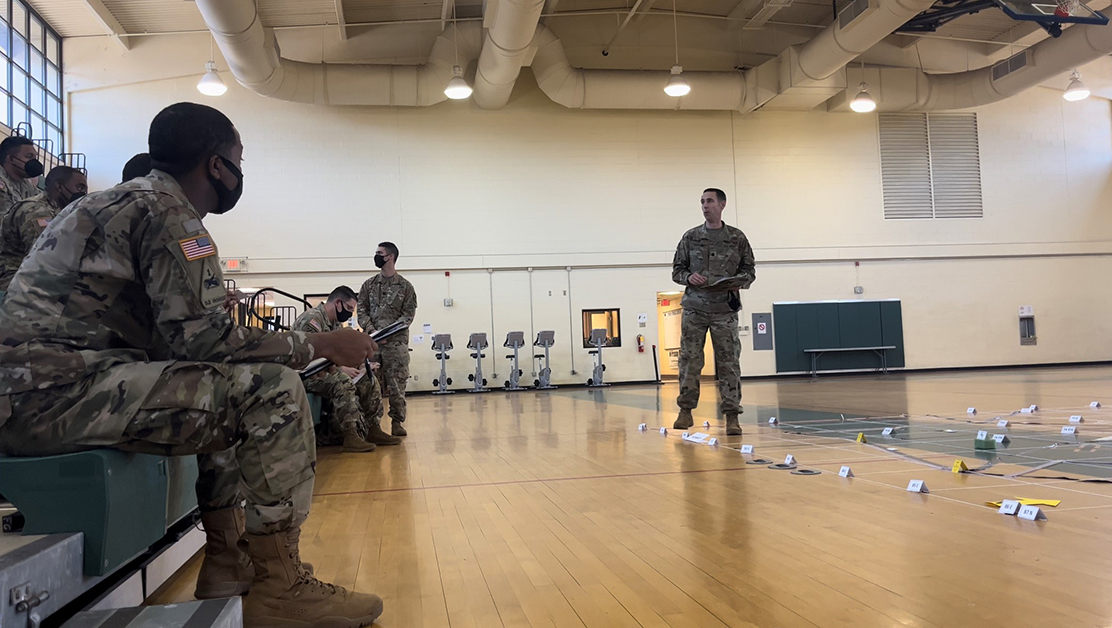
 Augusta University
Augusta University
